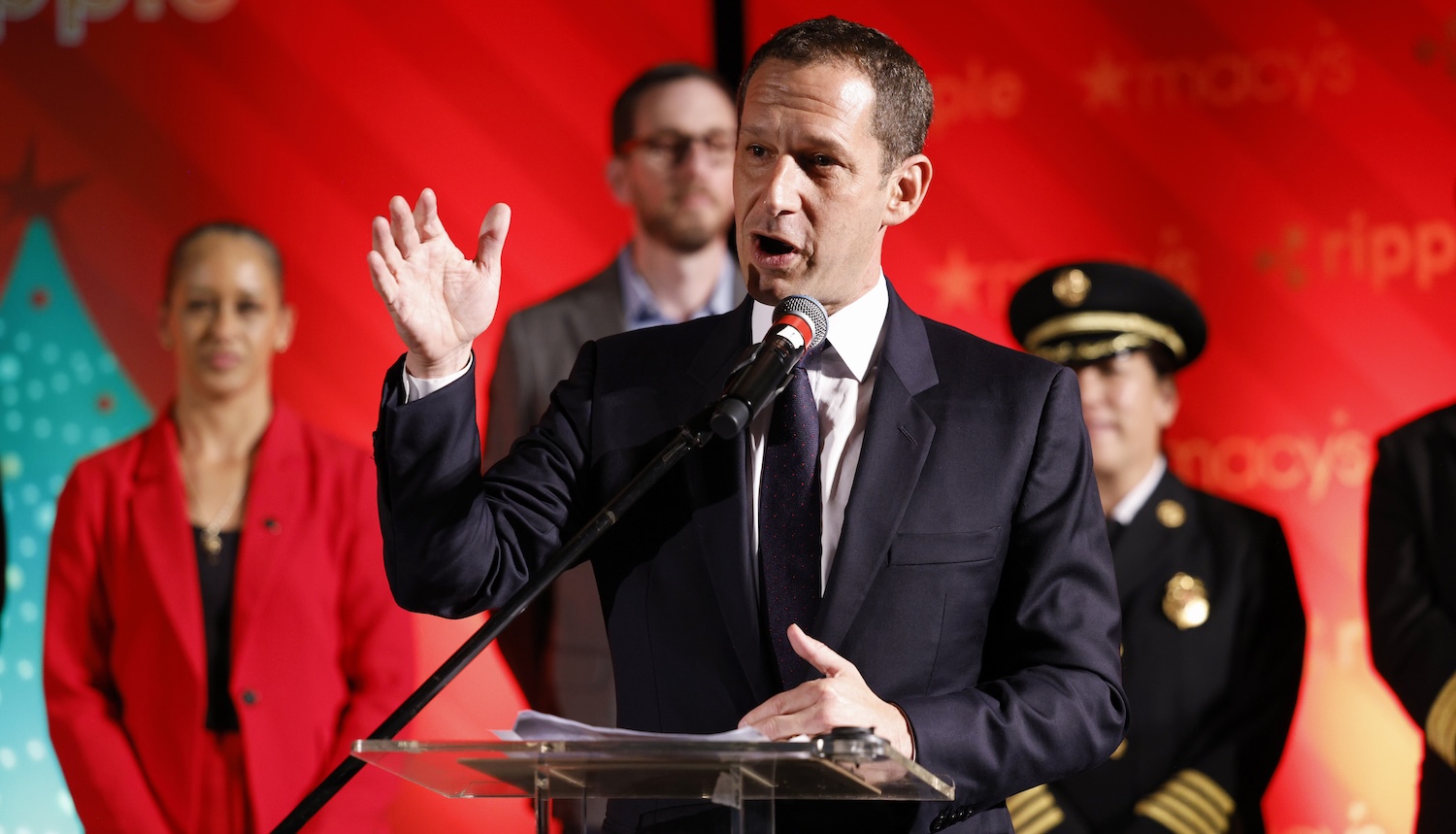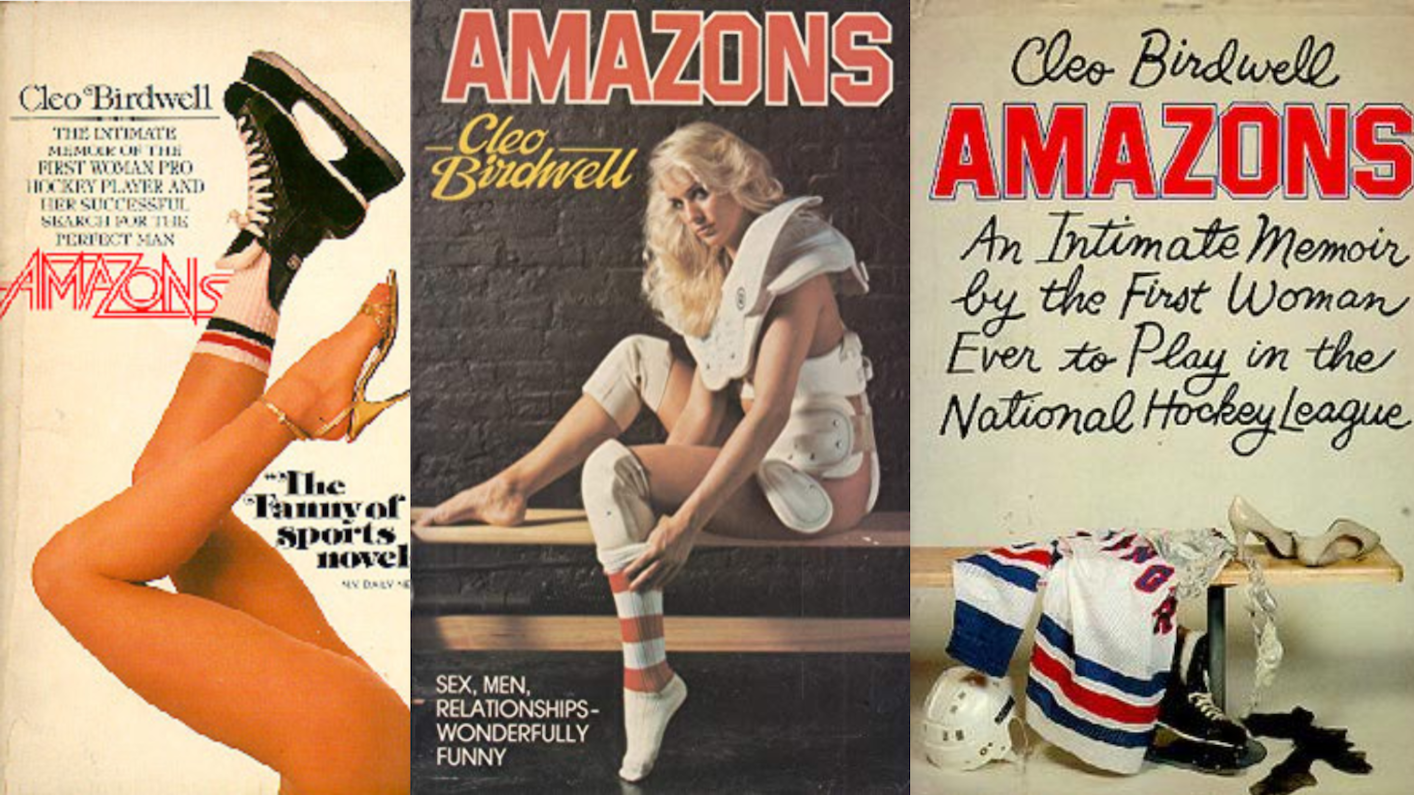As of publication, residents of San Francisco's District 4, comprising most of the Sunset from 7th Avenue out to the Pacific Ocean, do not have a representative on the city's Board of Supervisors; the 29-year-old former pet shop owner whom the mayor appointed to the position had to resign after around a week on the job. The cascading series of reasons is both very funny and a revealing look at the strange state of San Francisco local politics.
The story of District 4 (where I lived for the better part of six years) begins, as most stories of latter-day culture and politics do: in 2020. San Francisco was as reshaped by the pandemic and its aftereffects as any American city besides Minneapolis. The city's tech-heavy workforce stayed home in larger numbers than anywhere else in the nation, only for the titans of big tech's second wave to conduct mass layoffs. The Bay Area's staggering income inequality widened in the years after 2020, which was of far less concern to those in power (read: rich people) than the uptick in crime—or, more precisely, the uptick of the visibility of crime—in the center of San Francisco.
Things were not exactly worse but they certainly felt worse, and while smarter observers could distinguish between reality and fiction, a narrative quickly cohered that San Francisco was dying—not because of Broader Circumstances, but in fact because it was being held hostage by a cabal of fundamentalist wokesters. This was the fulcrum around which American politics at every level pivoted to the right after the George Floyd protests of 2020; it manifested in San Francisco in particular as a sense of shame, with the most influential bloc of San Franciscans (tech leaders) feeling humiliated less by their city's conditions than by its reputation as an exemplar of post-2020 wokeism run amok. The problem was not, in other words, that hyper-gentrification had turned so many San Franciscans out onto the street, but that the city's power elite had to see them there.
The flashpoint was the School Board's poorly handled decision to rename 44 public schools and switch the city's prestigious Lowell High School from a merit-based admission system to a lottery. In a February 2022 recall election, voters ousted three School Board members in an election that a San Francisco State University professor called an "opportunity for the Chinese community to flex its muscles." The first recall was characterized by the organization efforts of those voters, the majority of whom live in the Sunset/District 4, as well as a ton of money from the tech billionaire class.
Neighbors for a Better San Francisco (NBSF) and GrowSF, two conservative astroturf groups funded by some of the richest people in the world, quickly distinguished themselves as major forces in city politics, and once they got the school board recall to go their way, they set their sights higher. The roiling sense of anger at the visibility of crime expressed itself in the recall of reformist District Attorney Chesa Boudin in June 2022. One of the most visible figures championing both recalls was Joel Engardio, a former journalist turned executive director of Stop Crime SF. Engardio had mounted unsuccessful runs for District 4 Supervisor several times, though his public profile rose after his group, which was funded by NBSF, advocated for the recalls and for general efforts to hire more cops.
(A note on what a Supervisor is: Because San Francisco the city and San Francisco county are geographically coterminous, the Board of Supervisors is the legislative body for both polities. Think of it as a slightly more powerful city council.)
These donors and then-Mayor London Breed, a creature of SF machine politics, successfully redistricted the city in 2022, laying the foundations for Engardio to win his fourth bid for a Supervisor seat. He ousted progressive Supervisor Gordon Mar by 460 votes and ascended to office in November 2022, months after the Boudin recall. Elon Musk was still frothing at the mouth over Dean Preston, the city's most progressive Supervisor, though the billionaires got their guy.
The city's politics shifted again when Daniel Lurie, heir to the Levi Strauss fortune, won the 2024 mayoral election. As one might expect from a mega-wealthy man with zero experience, Lurie has run a city government by rich people, for rich people, which is finally something that the region's business leaders can feel pride at instead of shame. Crucially, Lurie has nothing to do with the city's Democratic political machine, which has given him more latitude to act than Breed ever had. He was also not the preferred candidate of the increasingly powerful astroturf network. This misalignment has been somewhat beneficial to the city, and Lurie's administration has been far less corrupt than the old order was, though it also means that instead of former Mayor Willie Brown pulling the strings, it's people like Marc Benioff (with whom Lurie recently had a spat over Benioff's call for the National Guard to be deployed to the city) and Sam Altman who get to wield power through the mayor.
Though he aligned with Lurie, Engardio's hold on power was compromised when he chose incorrectly on an issue that split the conservative coalition of Sunset residents and rich donors. Engardio sponsored 2024's extremely contentious Proposition K, which proposed closing two miles of the Great Highway along the Pacific Ocean and turning it into a park. The proposition pitted anti-car activists and people who understood that the best part of San Francisco is going outside against older, more conservative types who were incensed at the specter of restrictions on car-based freedoms.
"It’s a Rorschach test of San Francisco," Engardio said to the New York Times, when it asked him about the possibility of a recall. The paper referred to him as "not terribly worried about opponents who had threatened to wage a campaign to recall him from office." Prop K passed, though voters in District 4 were disproportionately against the measure and launched a recall campaign. On Sept. 16, Engardio was recalled by a huge margin, completing a hilarious, short political career defined by recall efforts on both ends.
Engardio's ouster was a gift to Lurie, as he now had the power to appoint anyone he wanted to fill the seat. He shocked everyone by appointing Beya Alcaraz, a 29-year-old with no political experience. Alcaraz had spent several years running a pet store called the The Animal Connection, though she sold it to Julia Baran, a 26-year-old waitress at the city's famous House of Prime Rib. The explanation Lurie and Alcaraz offered the world was that they first met when, shortly after Engardio's recall, Alcaraz approached Lurie at a night market and asked for the job. Lurie toasted Alcaraz's achievements as a successful small business owner and an outsider who could build bridges.
It turns out that she is neither. Baran, who bought The Animal Connection, detailed Alcaraz's disastrous ownership of the pet store, which included "hundreds of dead mice, cages covered in rodent urine, mounds of trash, and a freezer filled with deceased pets." (Baran has posted several videos of the totally mouse-infested store.)
Alcaraz also allegedly failed to tell Baran that the lease on the store was up in January, after Alcaraz had failed to make several rent payments. VoiceSF reported a few days later that Alcaraz had officiated the September wedding of the campaign manager of Lurie-aligned State Senator Scott Wiener, casting doubt on the night-market story. On Nov. 13, just around a week after she officially assumed the office, Alcaraz resigned. Lurie is also being investigated for a contract he gave to OpenGov, a tech company his family is invested in. If the mayor's office is too busy dealing with that to think of a replacement for Engardio's replacement, I suggest they send me an email, because I have a lot of good ideas about who should be the new Supervisor.






